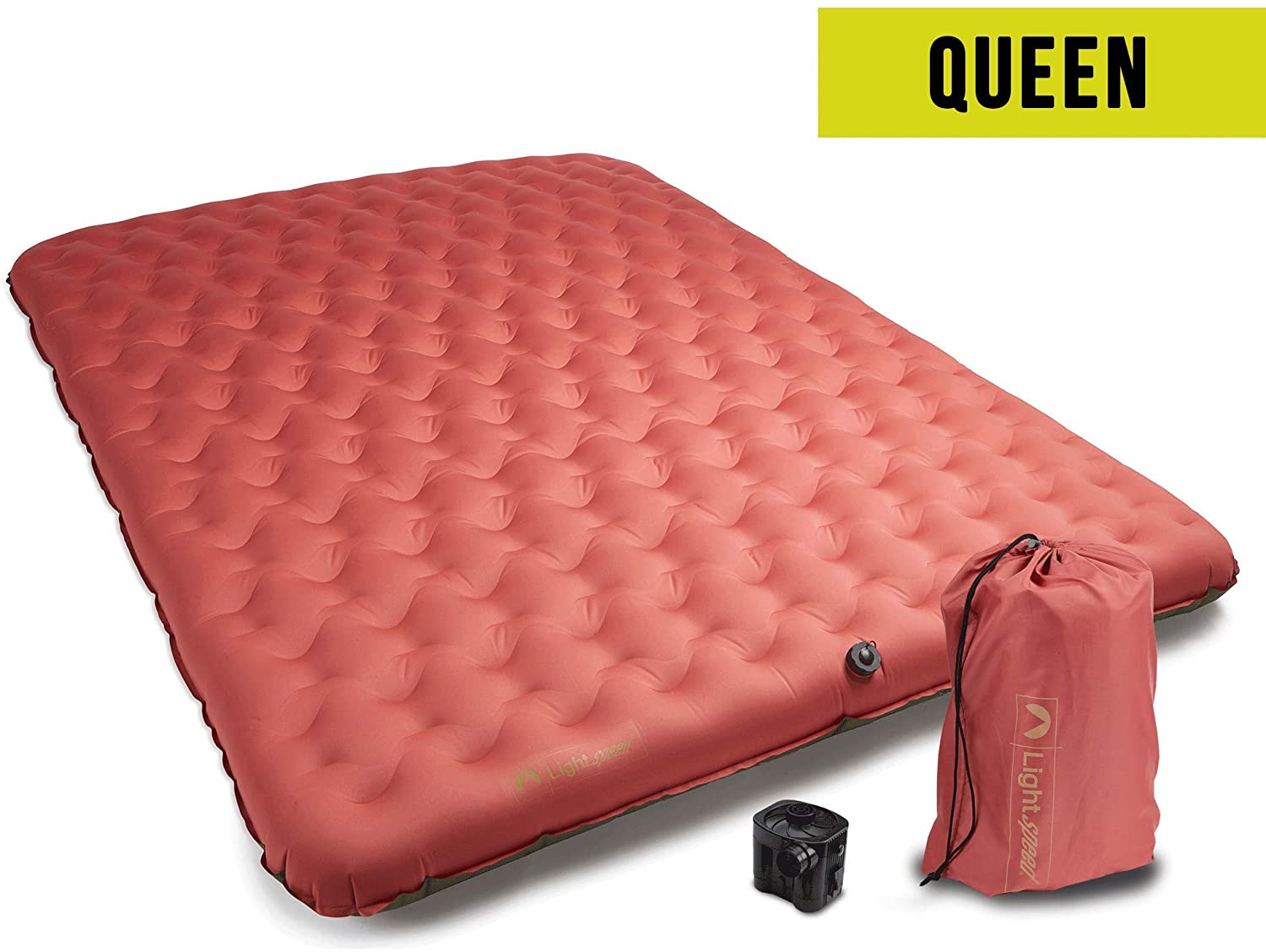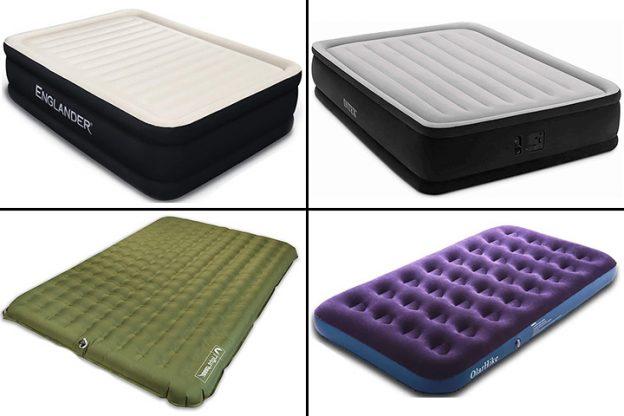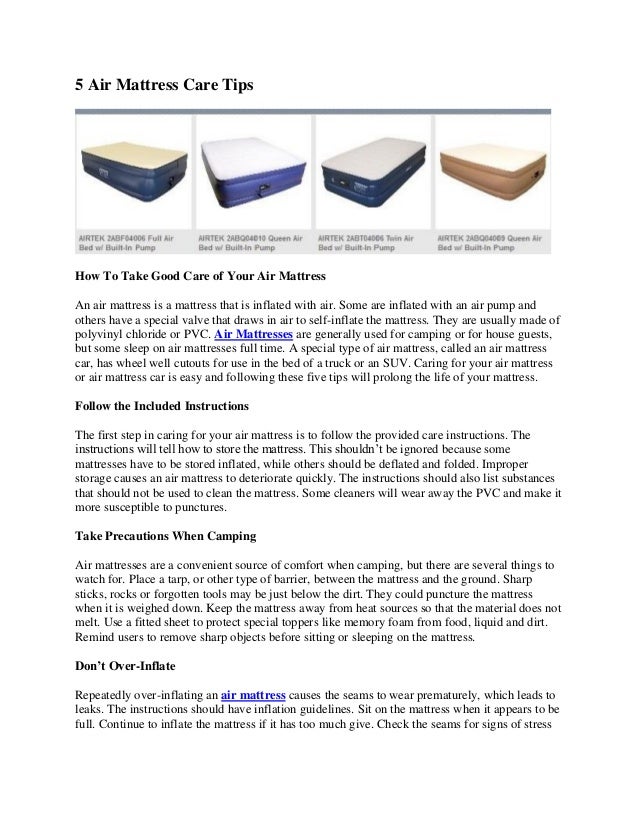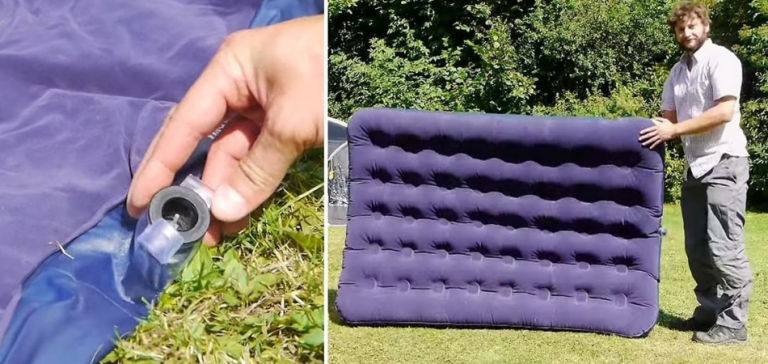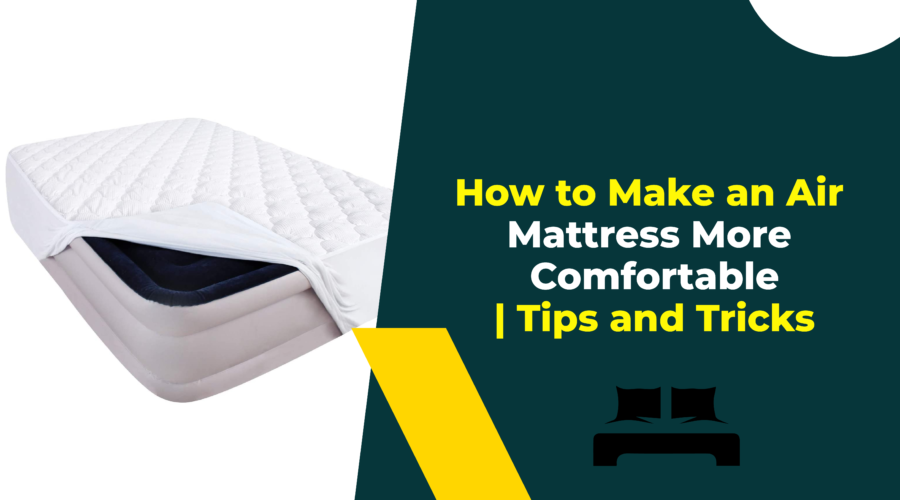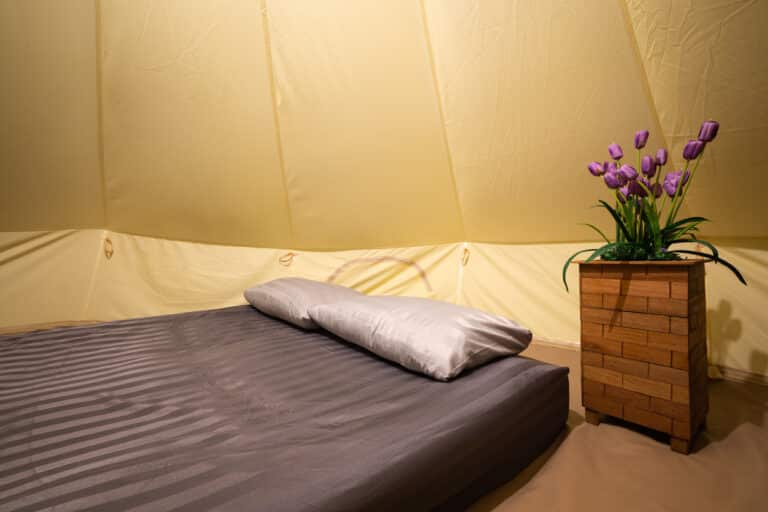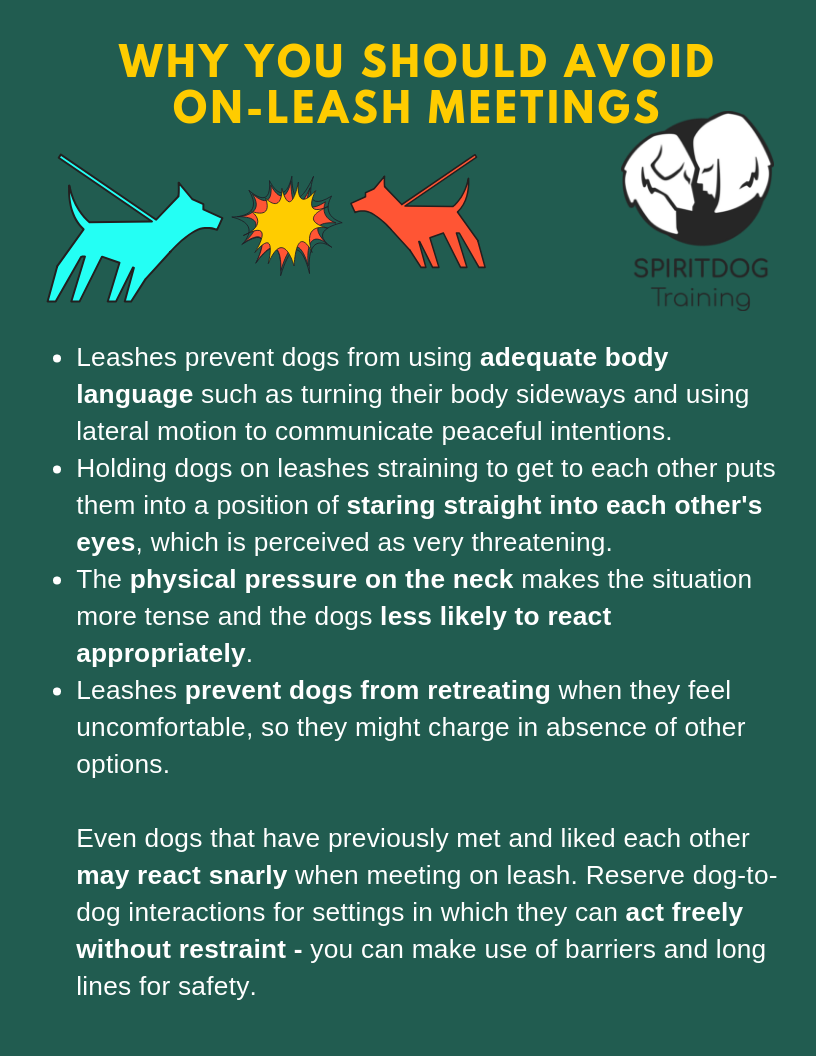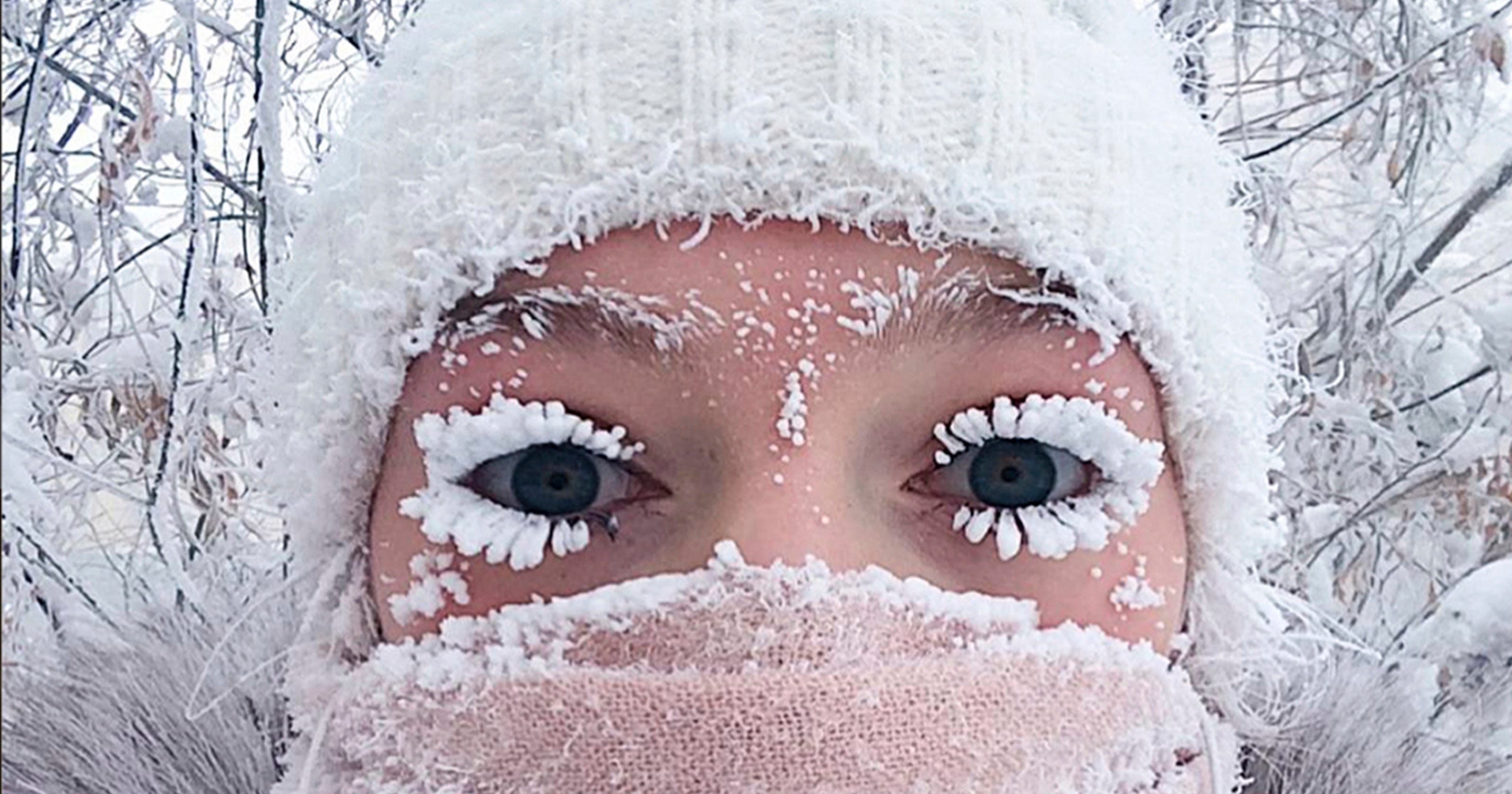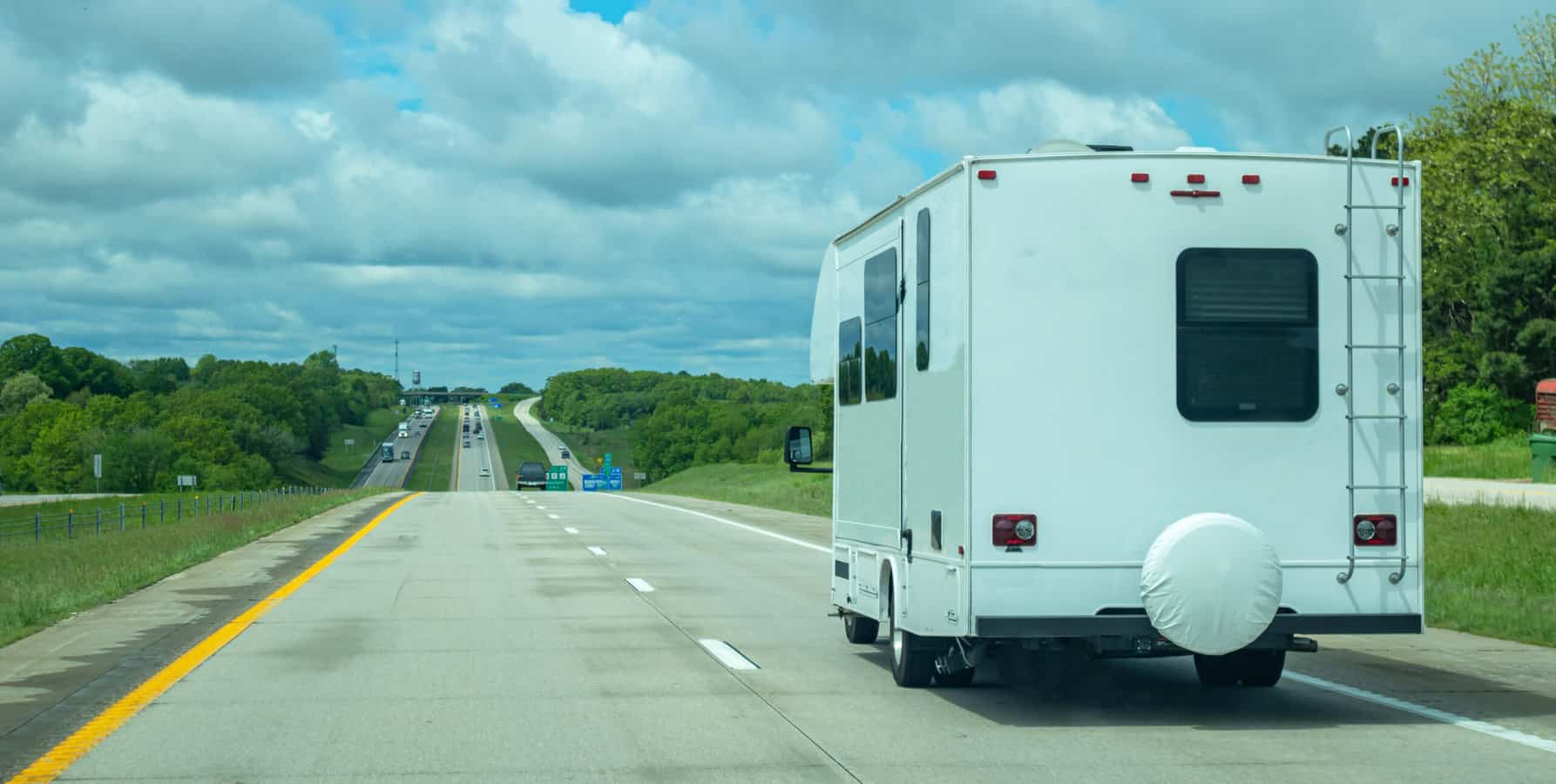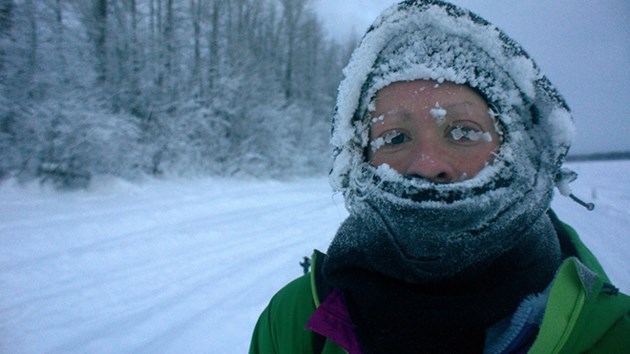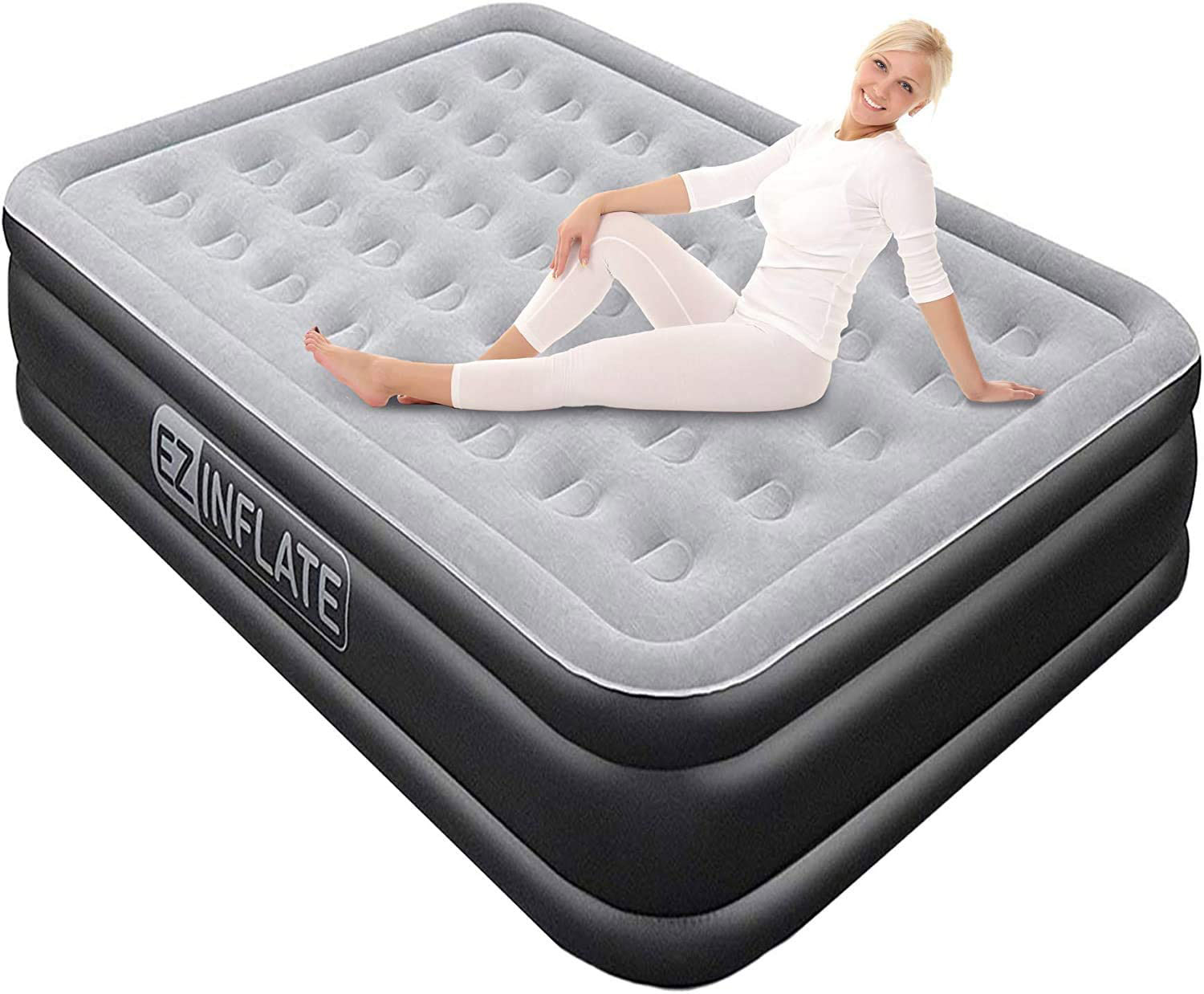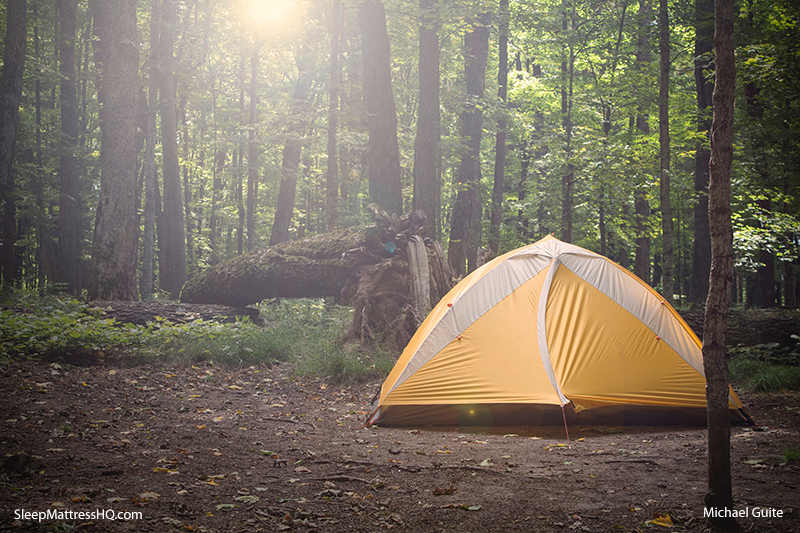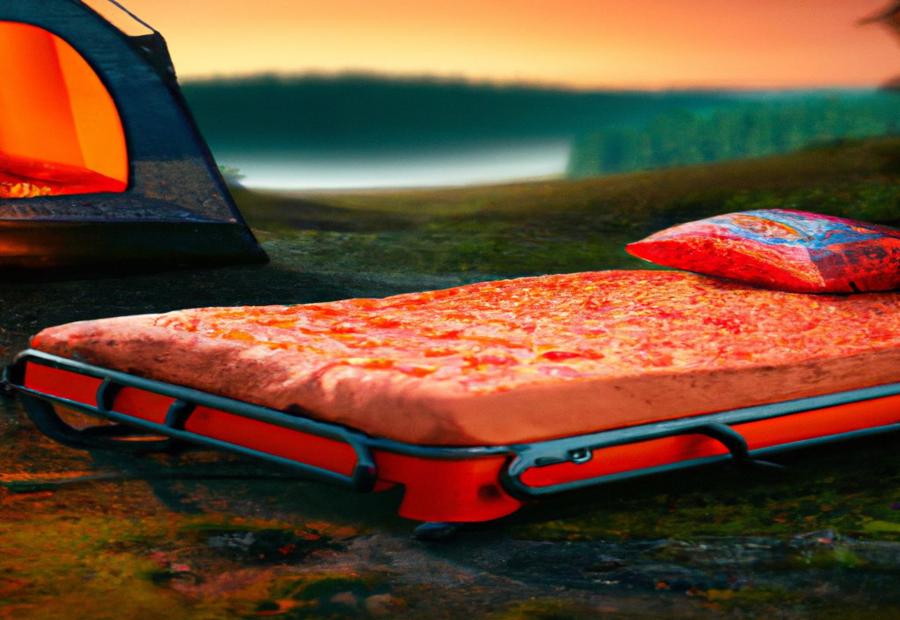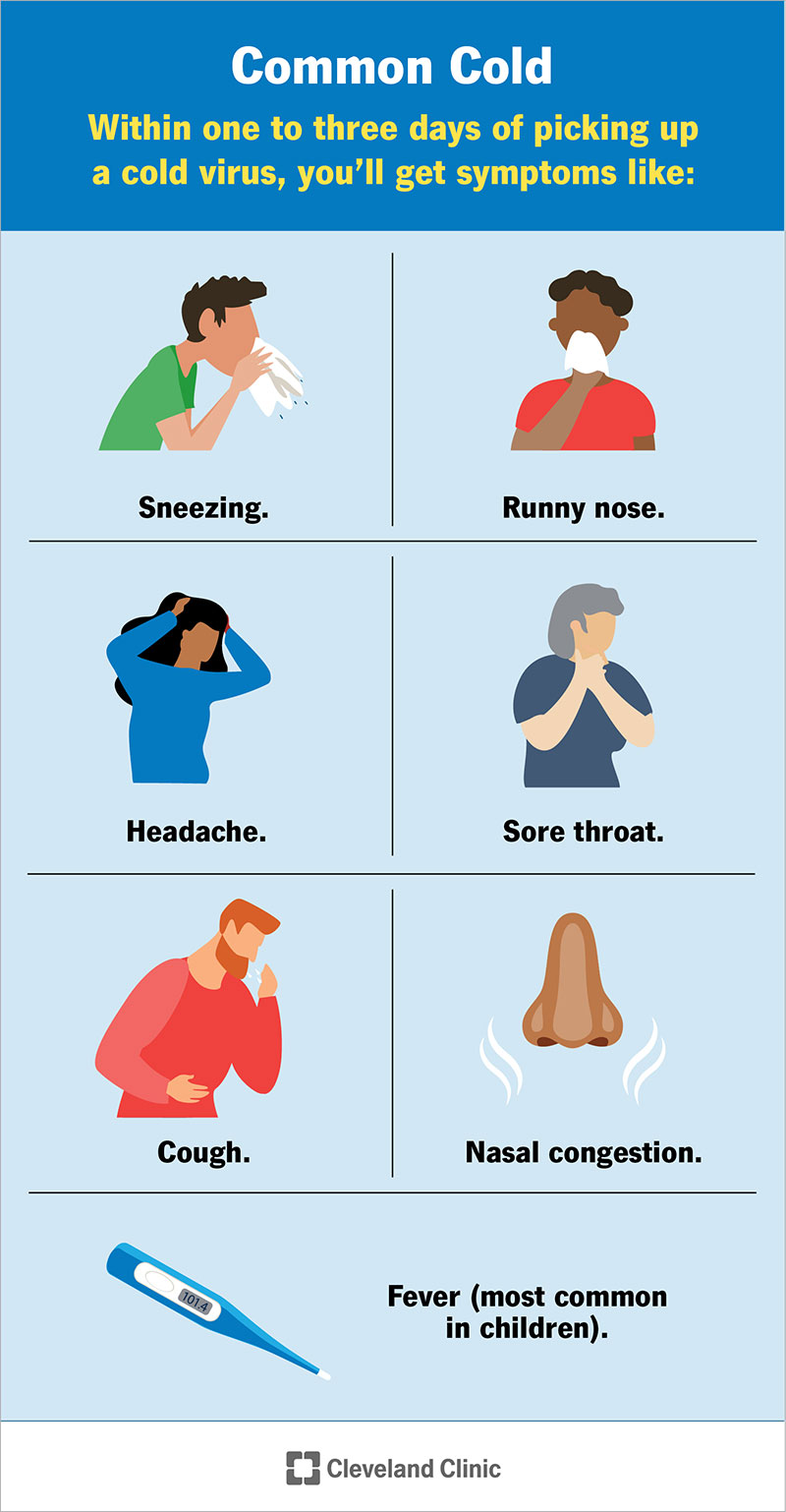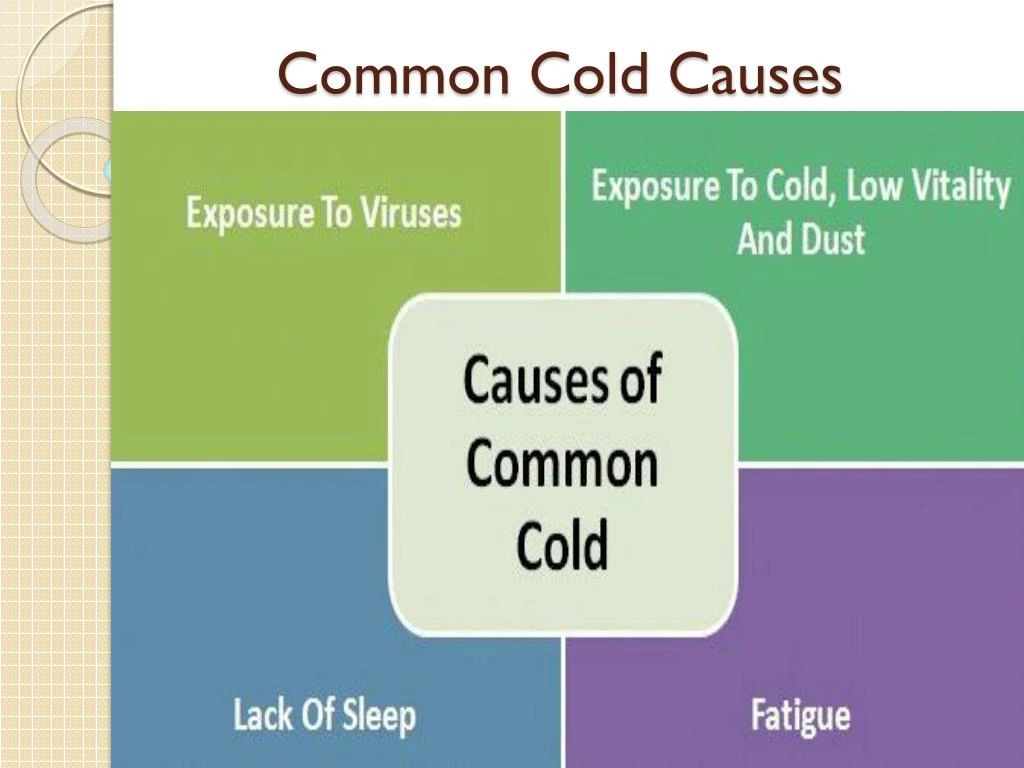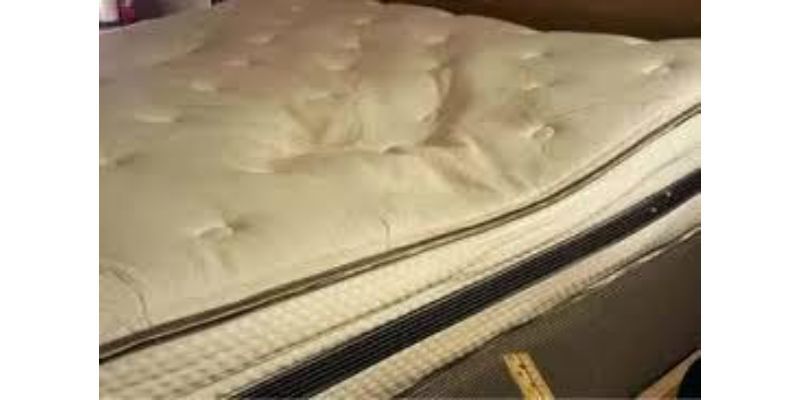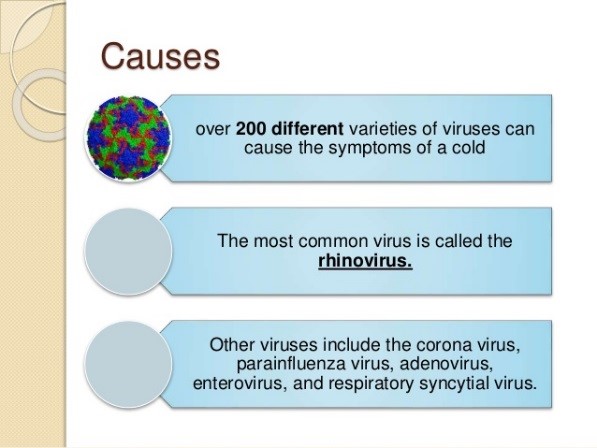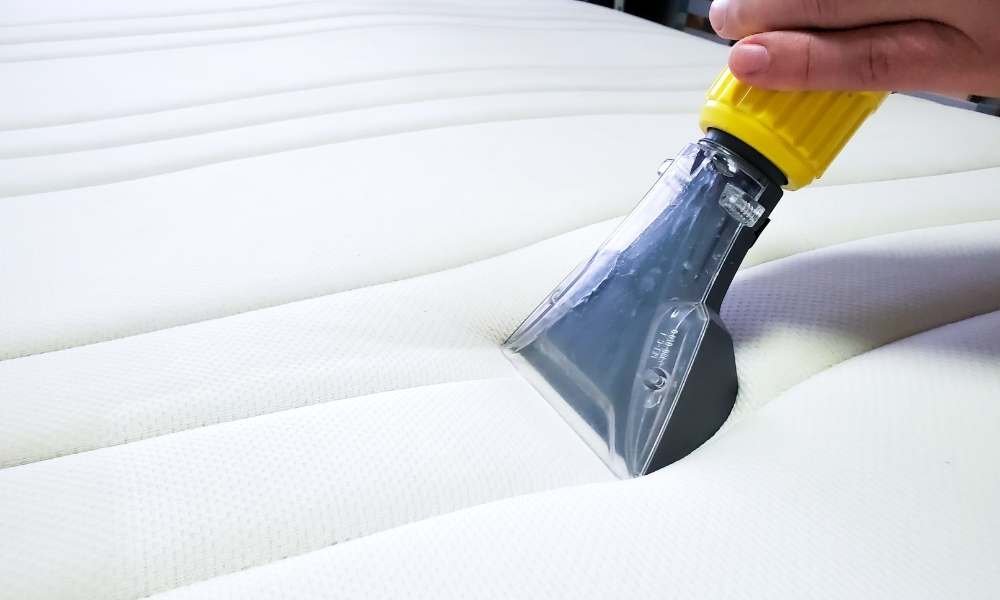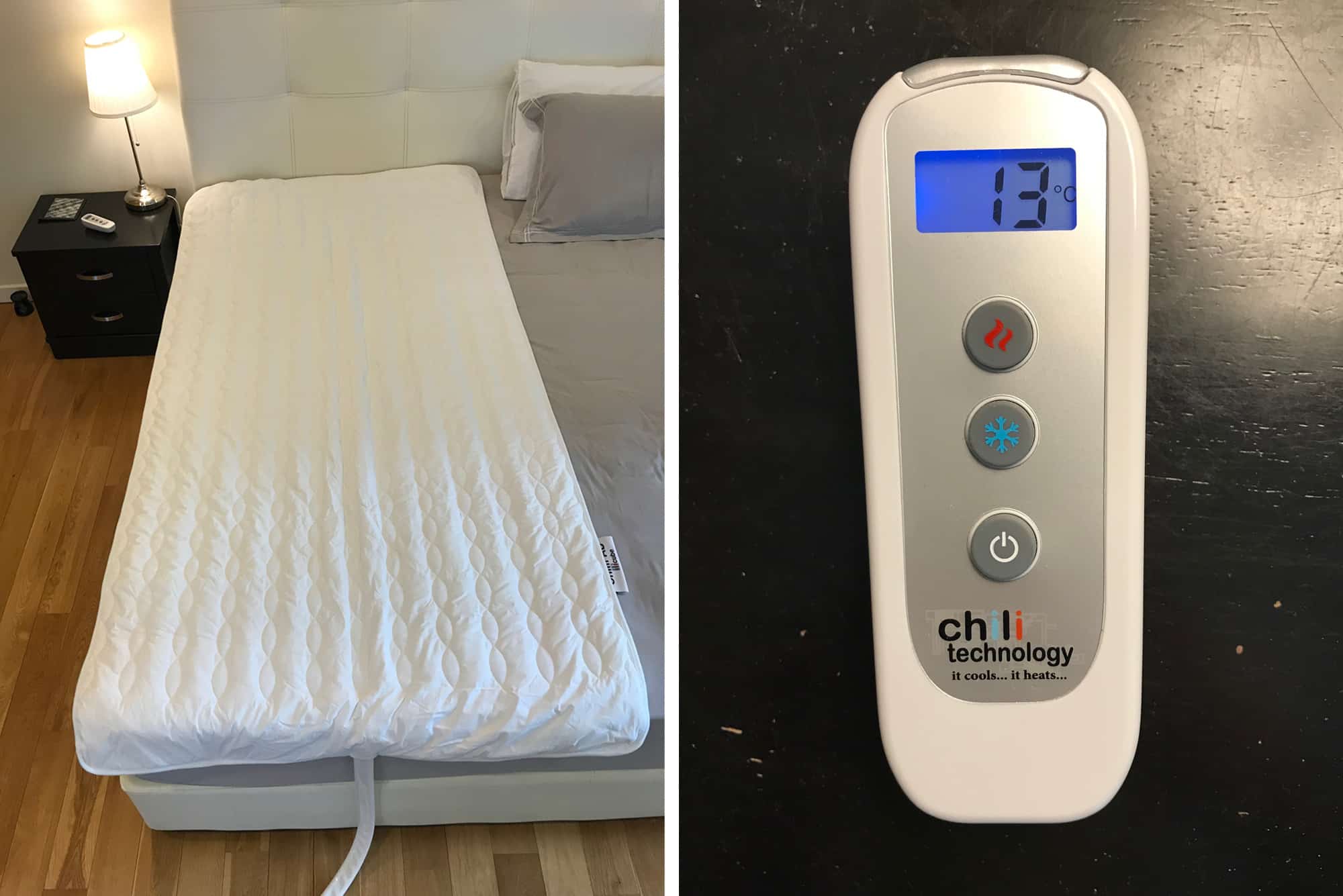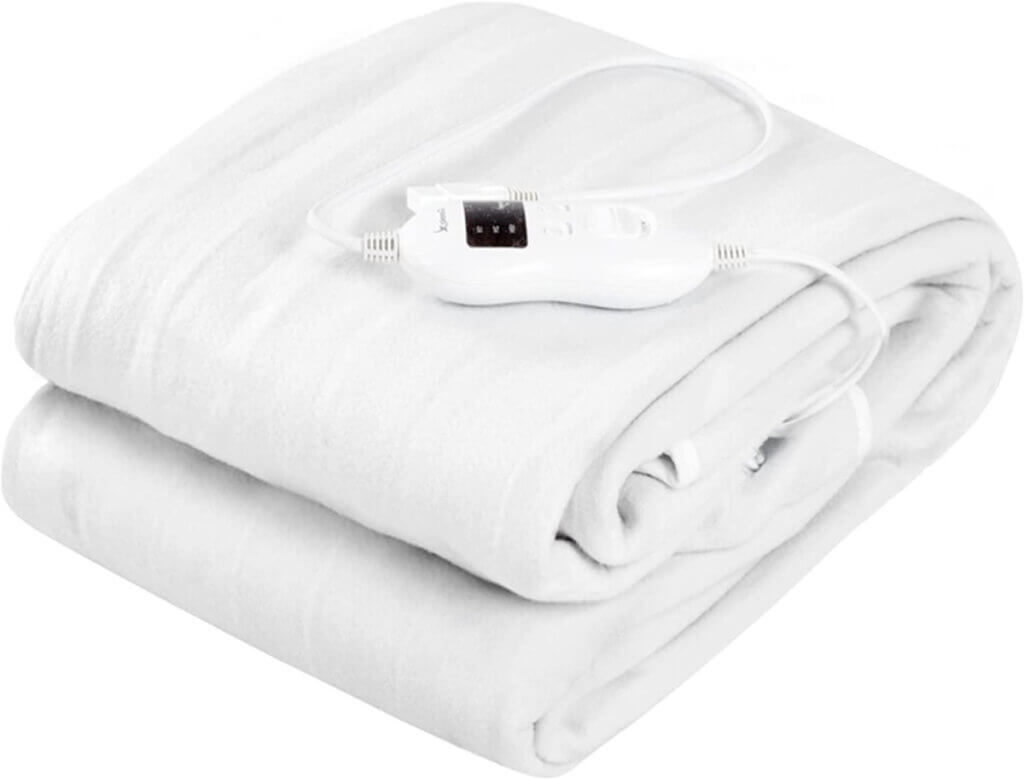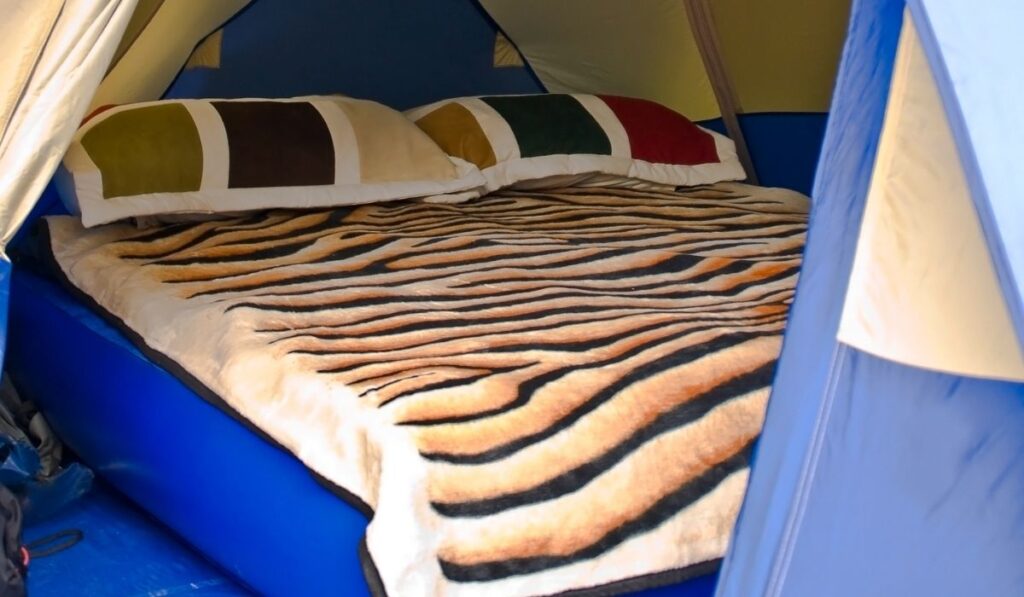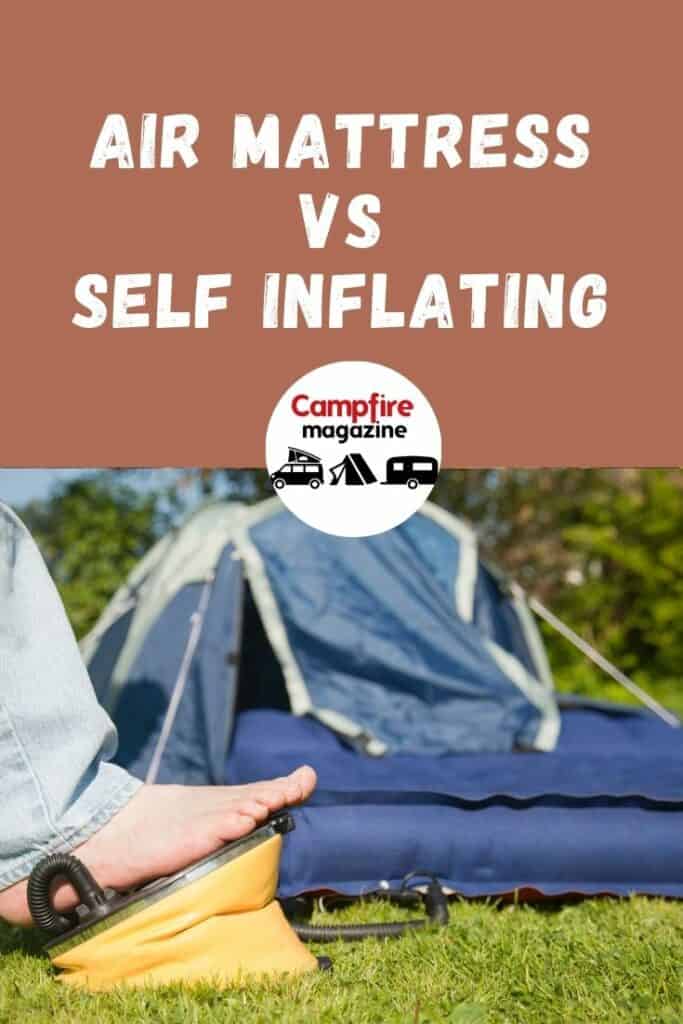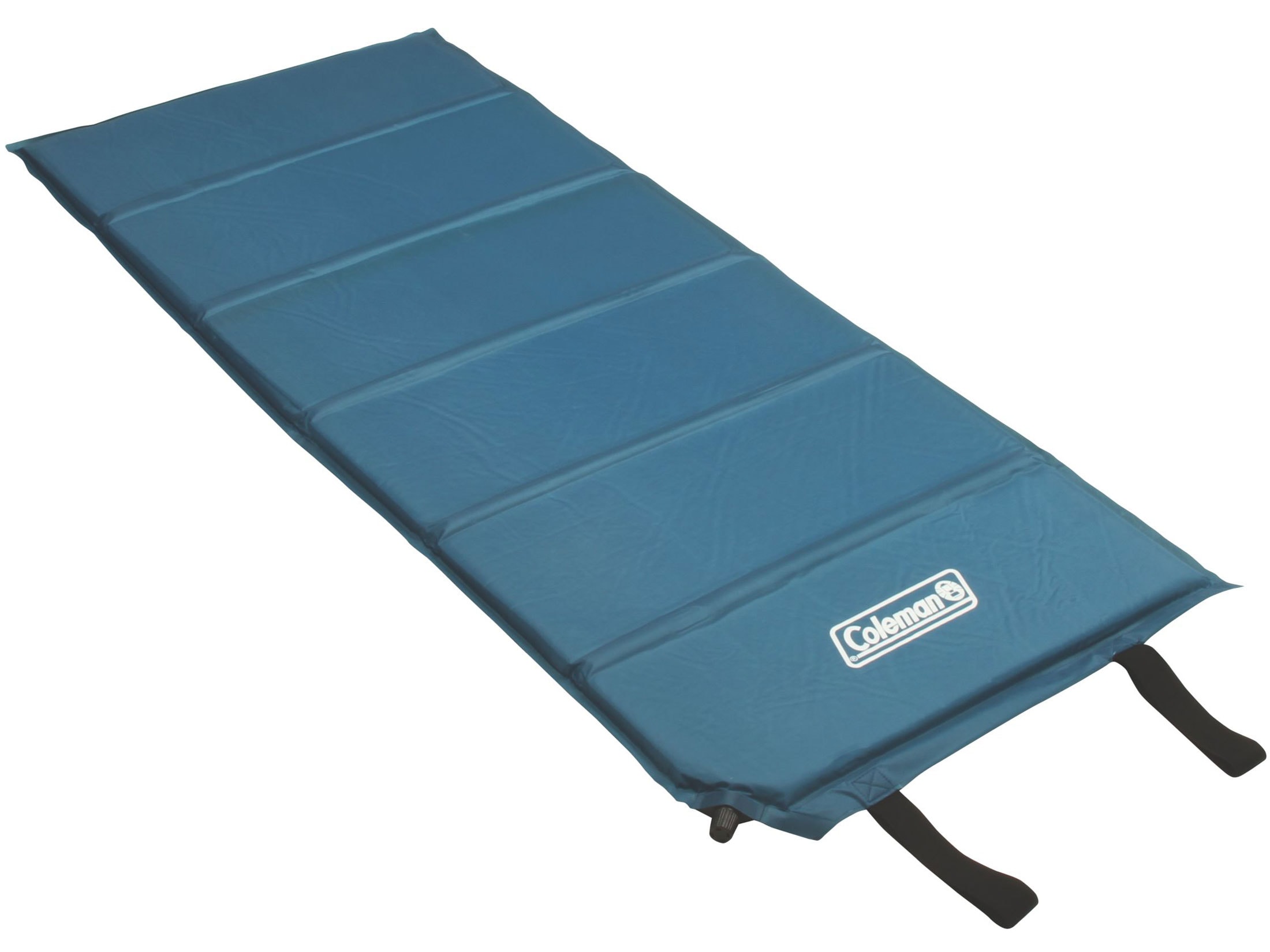There's nothing worse than waking up in the middle of the night on a deflated air mattress, shivering in the cold. Unfortunately, air mattresses are notorious for losing air in cold weather. But fear not, there are steps you can take to prevent this from happening. Follow these tips and tricks to keep your air mattress fully inflated, even in the coldest temperatures.How to prevent your air mattress from deflating in cold weather
First, it's important to understand why air mattresses deflate in cold weather. The main culprit is the change in temperature. When the air inside the mattress gets cold, it condenses and takes up less space, causing the mattress to deflate. This is similar to how a balloon shrinks in cold temperatures. Additionally, the material of the air mattress can also play a role in deflation. Thinner materials are more susceptible to temperature changes and can lead to more rapid deflation.Why does an air mattress deflate in cold weather?
If you know you'll be camping in cold weather, it's important to choose an air mattress that is specifically designed for those conditions. Look for mattresses with thicker materials and multiple air chambers to help retain heat. Some popular options include the SoundAsleep Dream Series Air Mattress and the Etekcity Camping Air Mattress. These mattresses are not only durable and comfortable, but also designed to withstand cold temperatures.Best air mattresses for cold weather camping
Aside from choosing the right air mattress, there are additional steps you can take to prevent deflation in cold weather. One option is to add an insulating layer between the mattress and your sleeping bag. This can help trap heat and keep the air inside the mattress warmer. You can also try placing a blanket or tarp underneath the mattress to create a barrier between the cold ground and the mattress.Tips for keeping your air mattress inflated in cold temperatures
While some air mattresses are designed for cold weather camping, it's important to note that extreme temperatures can still cause issues. If you're planning on camping in sub-zero temperatures, it's best to avoid using an air mattress altogether. Not only will it likely deflate, but it can also put you at risk for hypothermia. In these extreme conditions, it's best to opt for a sleeping pad or a foam mattress instead.Why you should avoid using an air mattress in extremely cold weather
If you're determined to use an air mattress in cold weather, there are steps you can take to insulate it and help retain heat. One option is to use a thermal blanket or a space blanket to wrap around the mattress. Another option is to fill the mattress with warm air before going to bed. You can do this by using a hairdryer on low heat or simply blowing into the mattress manually.Insulating your air mattress for cold weather camping
In addition to temperature changes, there are other factors that can contribute to air mattress deflation in cold weather. One common cause is over-inflation. When the air inside the mattress gets colder, it can cause the air pressure to increase and lead to over-inflation. This, in turn, can lead to the air escaping through any weak spots or seams in the mattress. Another cause is improper storage. If you store your air mattress in a cold location, the cold temperature can cause the material to become brittle and prone to small tears.Common causes of air mattress deflation in cold weather
To avoid any potential damage from cold storage, it's important to properly store your air mattress during the winter months. First, make sure the mattress is fully deflated and clean. Then, store it in a dry and climate-controlled area, such as a closet or a basement. Avoid storing it in a garage or attic where temperatures can fluctuate greatly. By properly storing your air mattress, you'll ensure it stays in good condition and is ready for use when warmer weather arrives.How to properly store your air mattress in cold weather
If you're still experiencing deflation issues with your air mattress, even after taking all the necessary precautions, consider using a sleeping pad in addition to the mattress. Sleeping pads are designed to provide insulation and cushioning, making them a great companion for air mattresses in cold weather. They also add an extra layer of protection against the cold ground and can help prevent any heat loss from the mattress.Using a sleeping pad with your air mattress in cold weather
If you need to inflate your air mattress in cold weather, there are a few things you can do to make the process easier. First, make sure to warm up the pump and the mattress before use. You can do this by keeping them inside your tent or even placing them in direct sunlight for a few minutes. Additionally, try to avoid inflating the mattress to its maximum capacity. Leave a little bit of room for the air to expand and adjust to the changing temperatures. Once inflated, keep the mattress away from any cold drafts or openings in the tent. With these tips and tricks, you can prevent your air mattress from deflating in cold weather and enjoy a comfortable night's sleep on your next camping trip. Remember to choose the right mattress, insulate it properly, and take extra precautions in extreme temperatures. Happy camping!Inflating an air mattress in cold weather: tips and tricks
Why Air Mattresses Deflate in Cold Weather: The Science Behind It
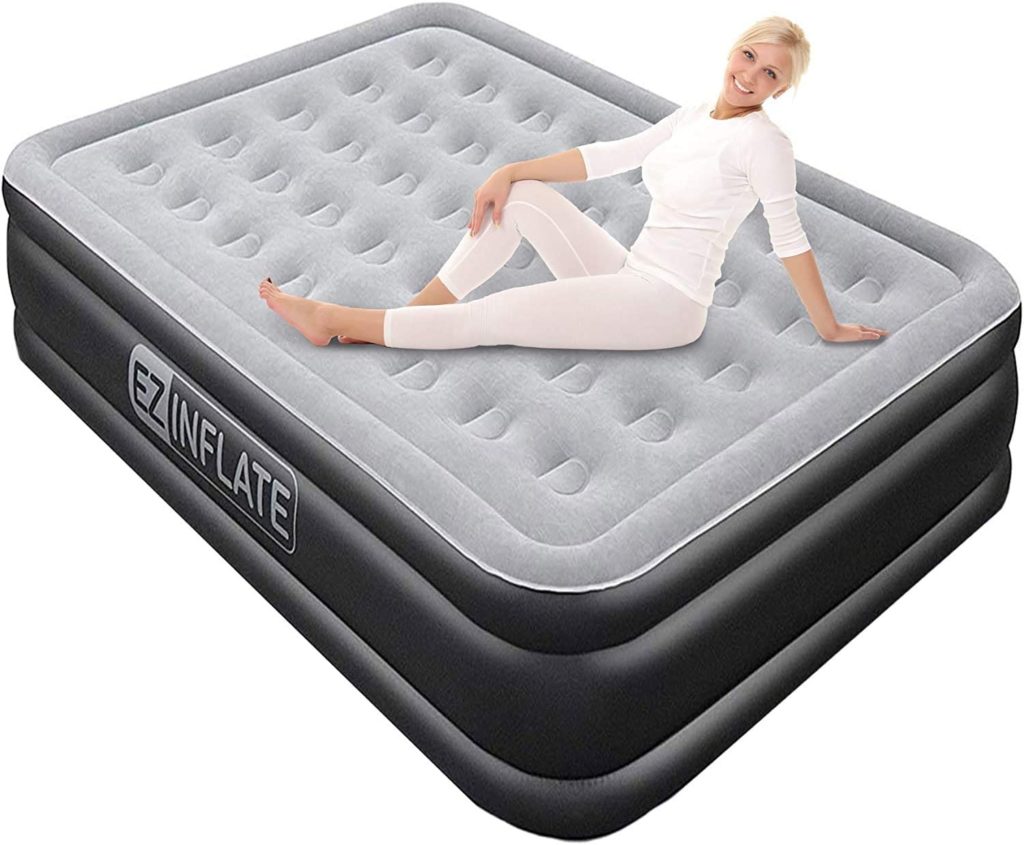
Understanding the Relationship Between Temperature and Air Mattresses
The Physics Behind Deflating Air Mattresses
 To understand why air mattresses deflate in cold weather, we need to first understand how they work.
Most air mattresses are made of PVC, which is a type of plastic that expands and contracts with changes in temperature.
When the air inside the mattress is warm, it expands and takes up more space, making the mattress feel firm. However, when the temperature drops, the air inside the mattress contracts, causing it to lose its firmness and deflate.
To understand why air mattresses deflate in cold weather, we need to first understand how they work.
Most air mattresses are made of PVC, which is a type of plastic that expands and contracts with changes in temperature.
When the air inside the mattress is warm, it expands and takes up more space, making the mattress feel firm. However, when the temperature drops, the air inside the mattress contracts, causing it to lose its firmness and deflate.
The Role of Pressure
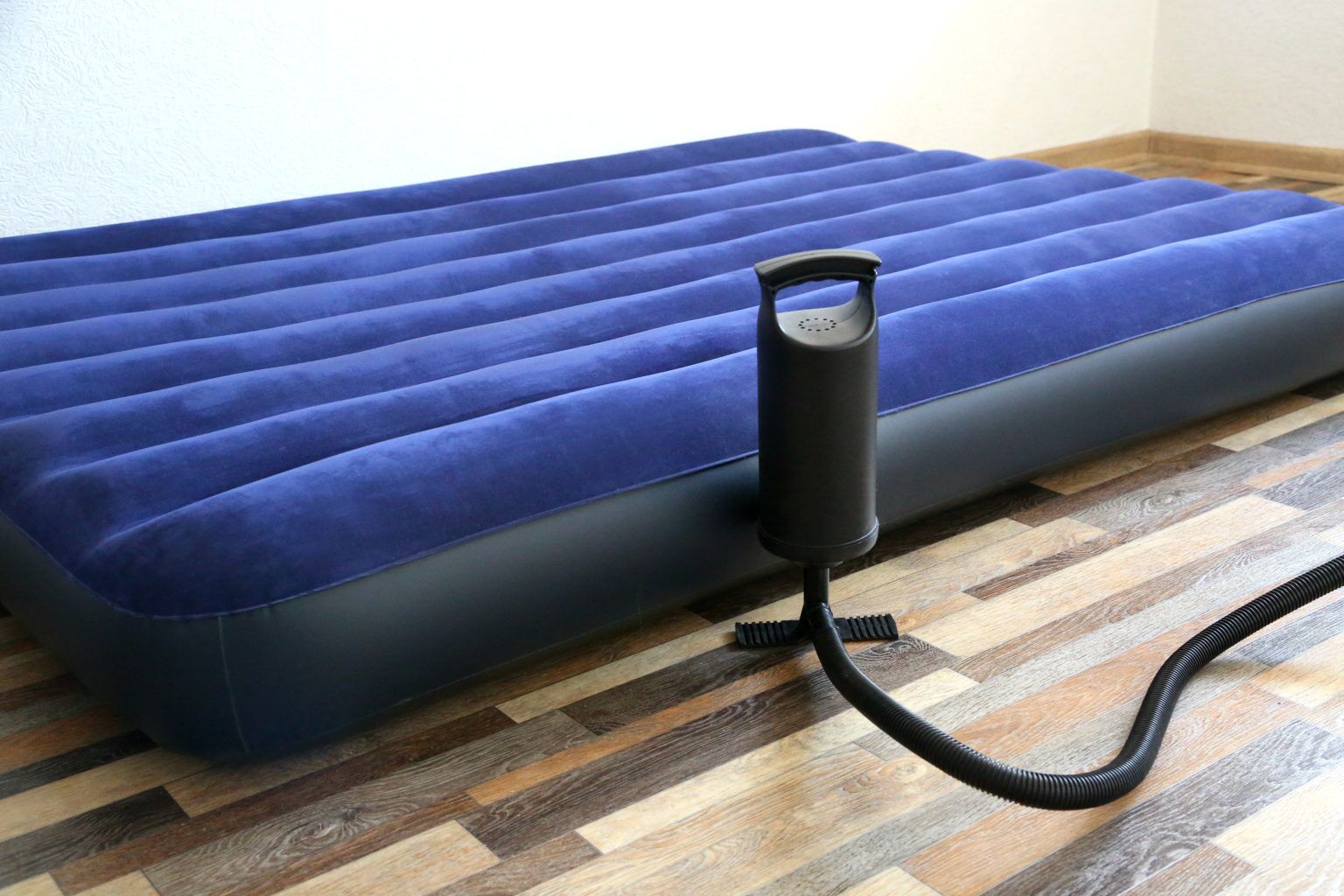 Another important factor to consider is pressure.
When air is heated, it expands and creates more pressure inside the mattress.
This increased pressure helps keep the mattress inflated and firm. However, when the temperature drops, the pressure decreases, and the air inside the mattress is no longer able to maintain its shape, resulting in deflation. This is similar to how a balloon deflates when it is exposed to cold temperatures.
Another important factor to consider is pressure.
When air is heated, it expands and creates more pressure inside the mattress.
This increased pressure helps keep the mattress inflated and firm. However, when the temperature drops, the pressure decreases, and the air inside the mattress is no longer able to maintain its shape, resulting in deflation. This is similar to how a balloon deflates when it is exposed to cold temperatures.
Preventing Air Mattress Deflation in Cold Weather
 While it may seem like there is no way to prevent your air mattress from deflating in cold weather, there are a few simple steps you can take.
First, make sure to fully inflate your air mattress before using it.
This will help minimize the effect of temperature changes on the air inside the mattress.
Additionally, try to keep your air mattress away from direct sources of cold air, such as open windows or air conditioning vents.
If possible, place a blanket or rug underneath the mattress to provide some insulation.
While it may seem like there is no way to prevent your air mattress from deflating in cold weather, there are a few simple steps you can take.
First, make sure to fully inflate your air mattress before using it.
This will help minimize the effect of temperature changes on the air inside the mattress.
Additionally, try to keep your air mattress away from direct sources of cold air, such as open windows or air conditioning vents.
If possible, place a blanket or rug underneath the mattress to provide some insulation.
In Conclusion
 In conclusion, understanding the science behind the relationship between temperature and air mattresses is key to preventing deflation.
Remember to fully inflate your mattress before use and keep it away from direct sources of cold air.
By taking these simple steps, you can ensure a comfortable and restful night's sleep on your air mattress, regardless of the outside temperature.
In conclusion, understanding the science behind the relationship between temperature and air mattresses is key to preventing deflation.
Remember to fully inflate your mattress before use and keep it away from direct sources of cold air.
By taking these simple steps, you can ensure a comfortable and restful night's sleep on your air mattress, regardless of the outside temperature.




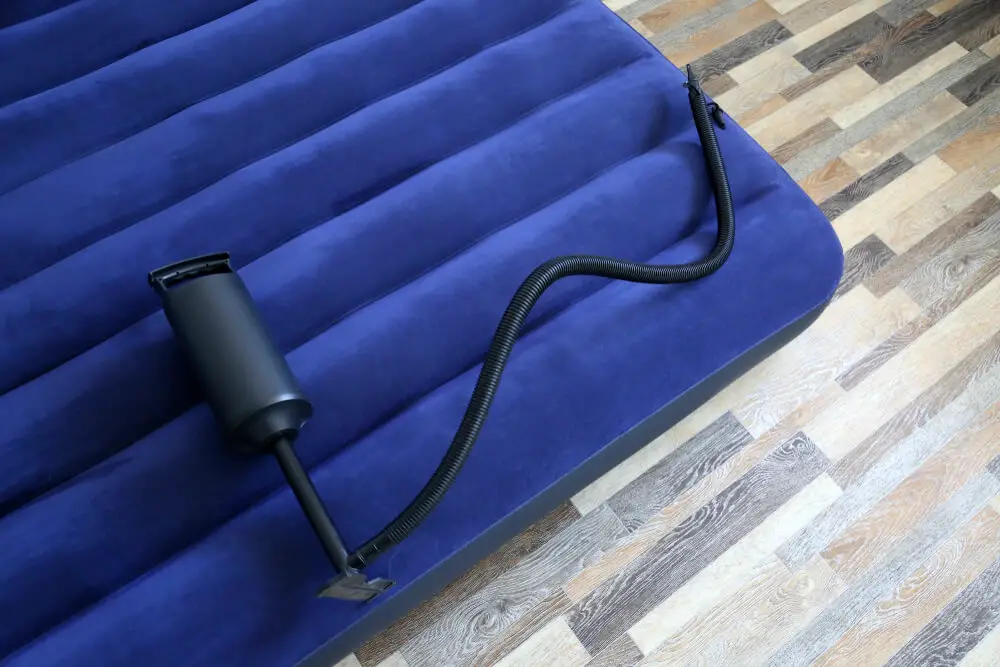


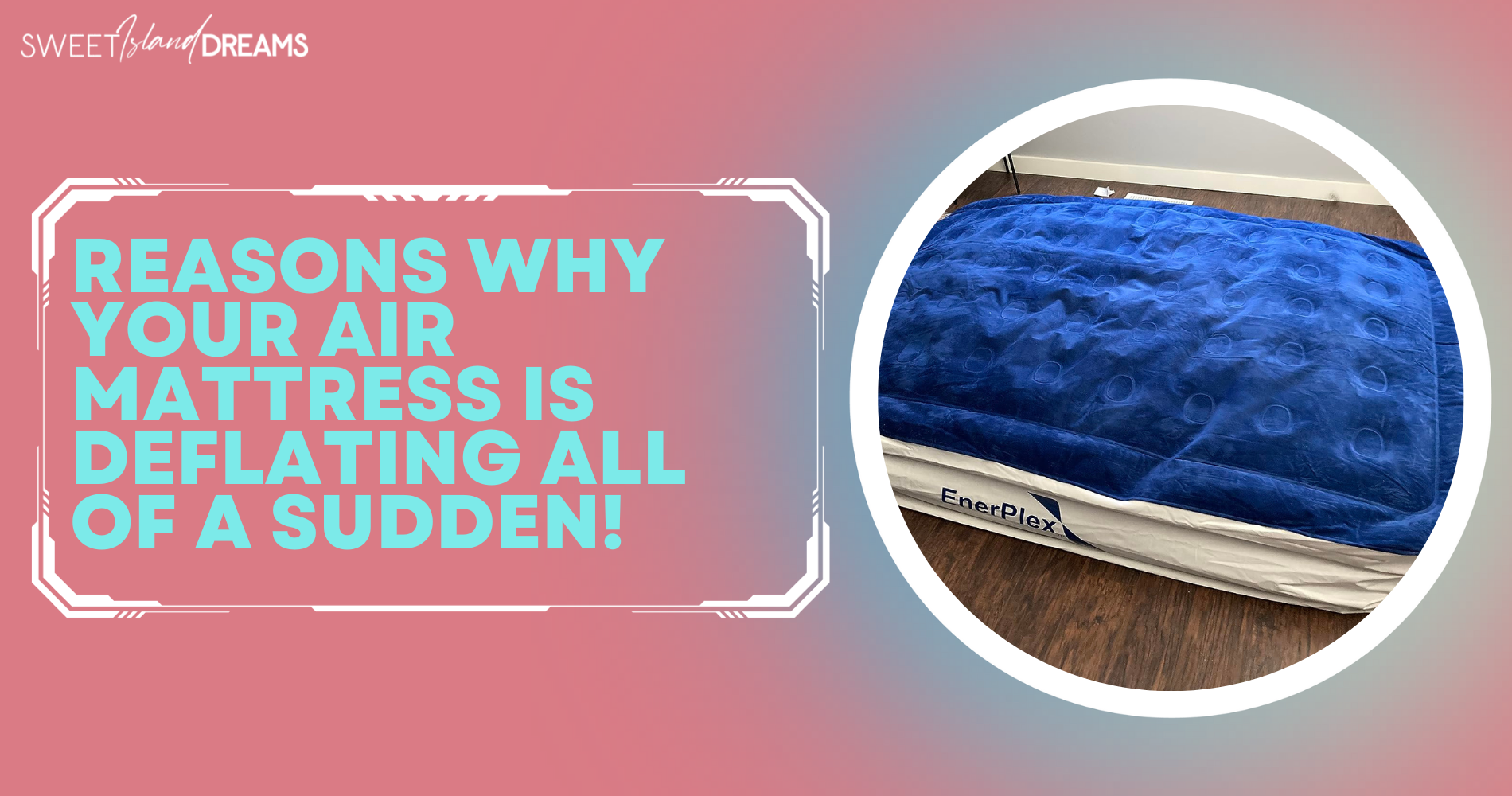

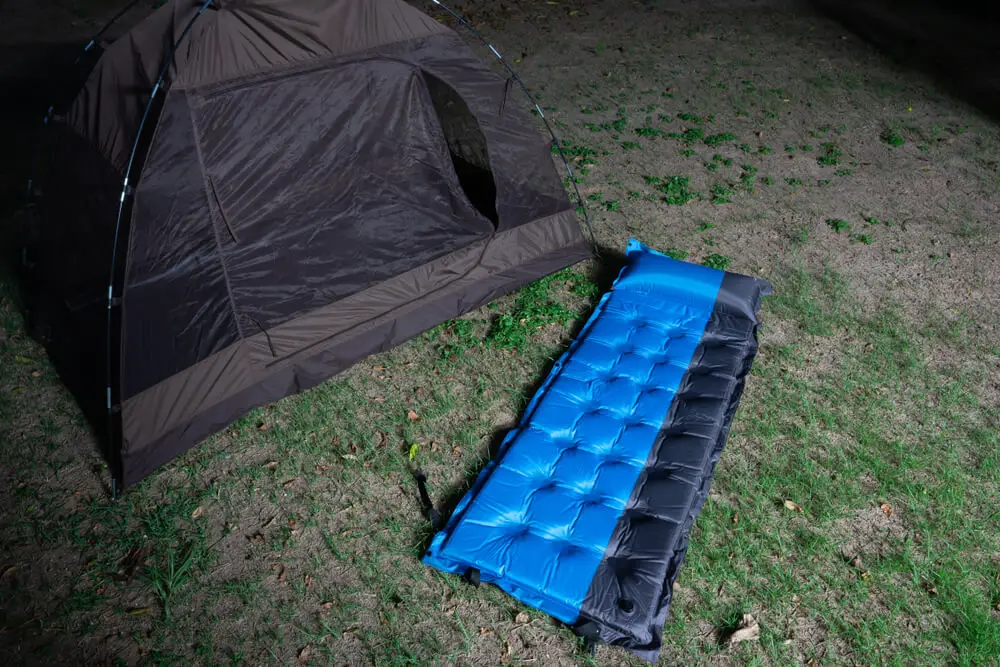

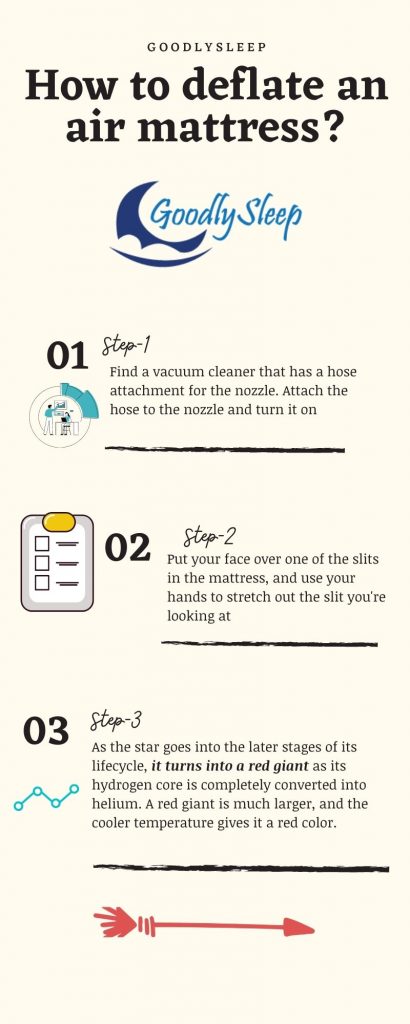
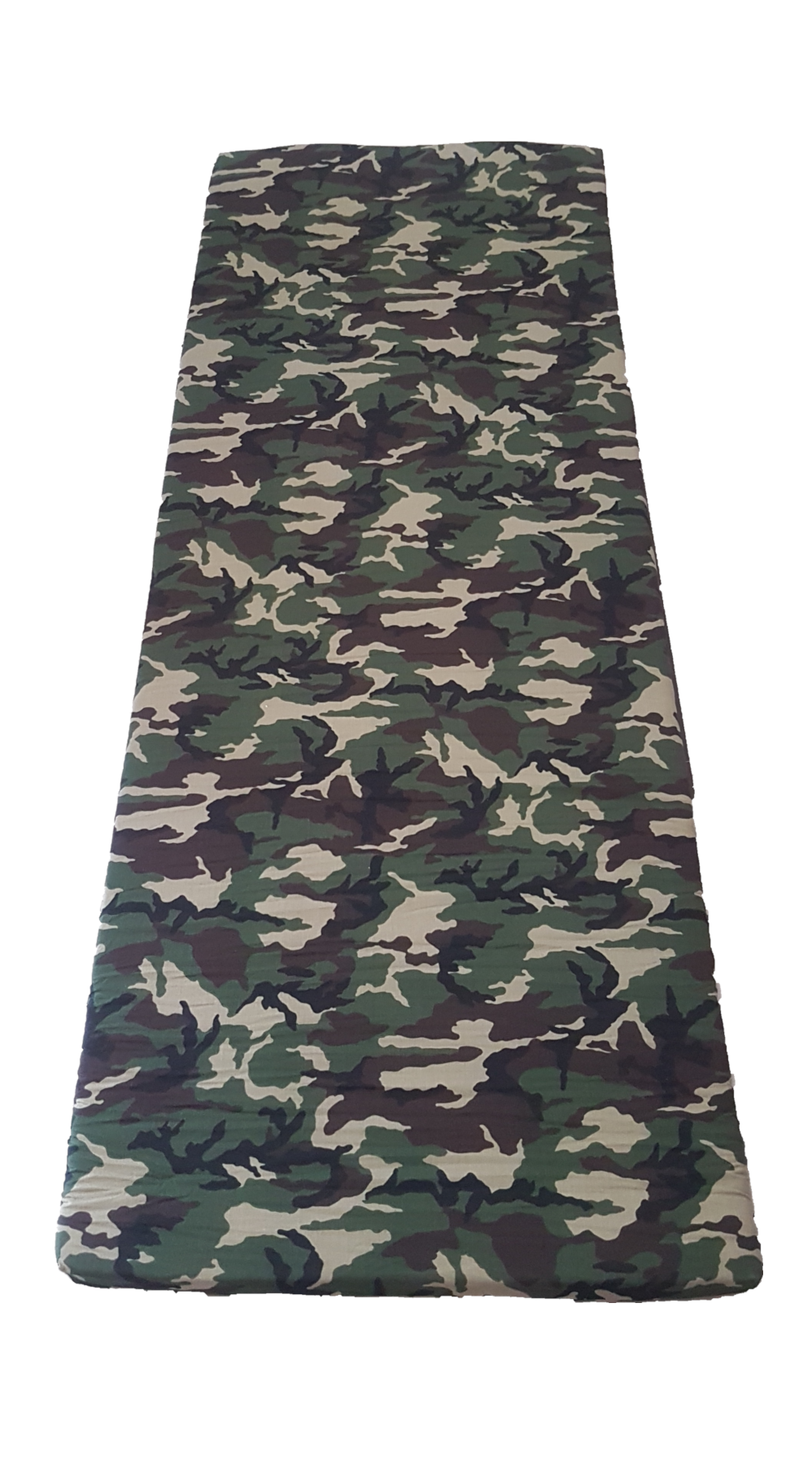
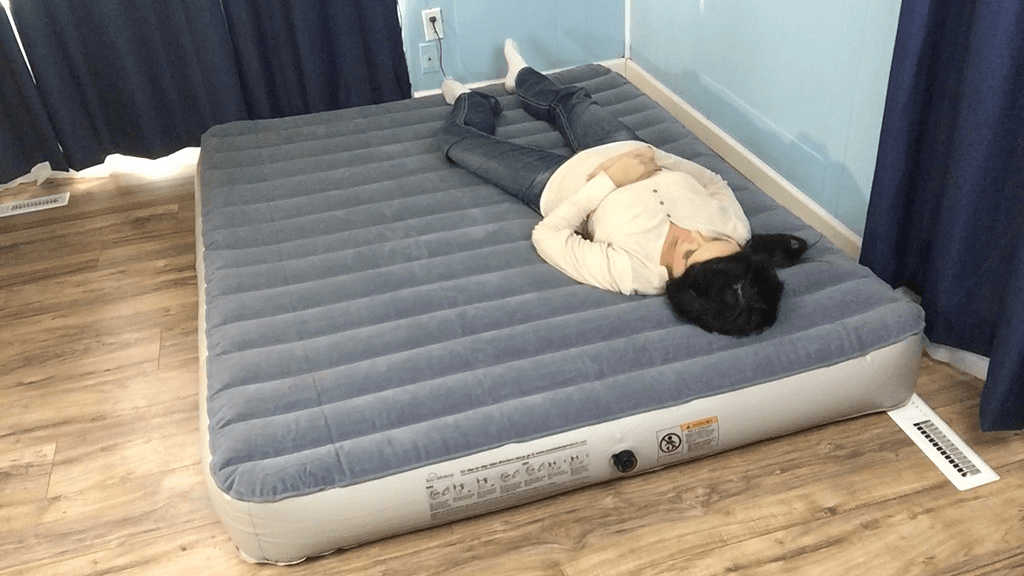



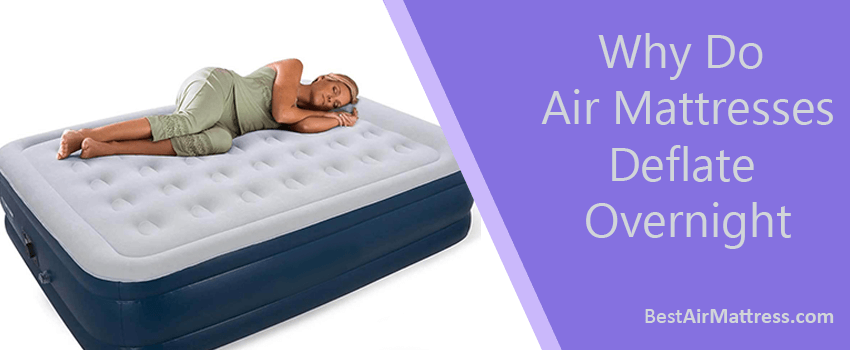
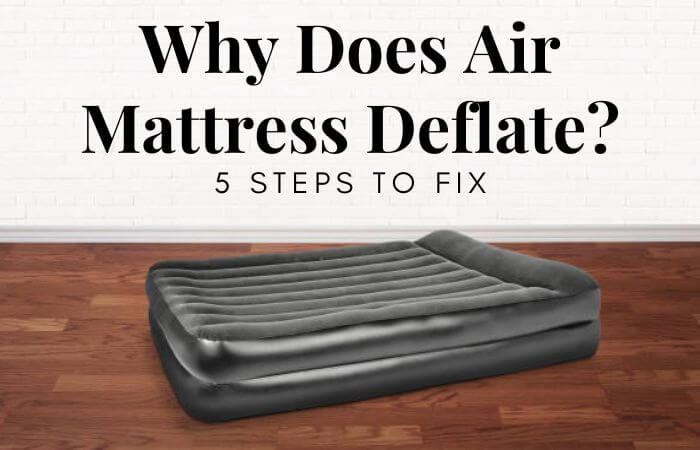




:max_bytes(150000):strip_icc()/71fe-exIuL._AC_SL1500_-72a97dee24104be99eda1c1f6e7c3939.jpg)


/boy-in-tent-5c317d2fc9e77c0001366cc0.jpg)
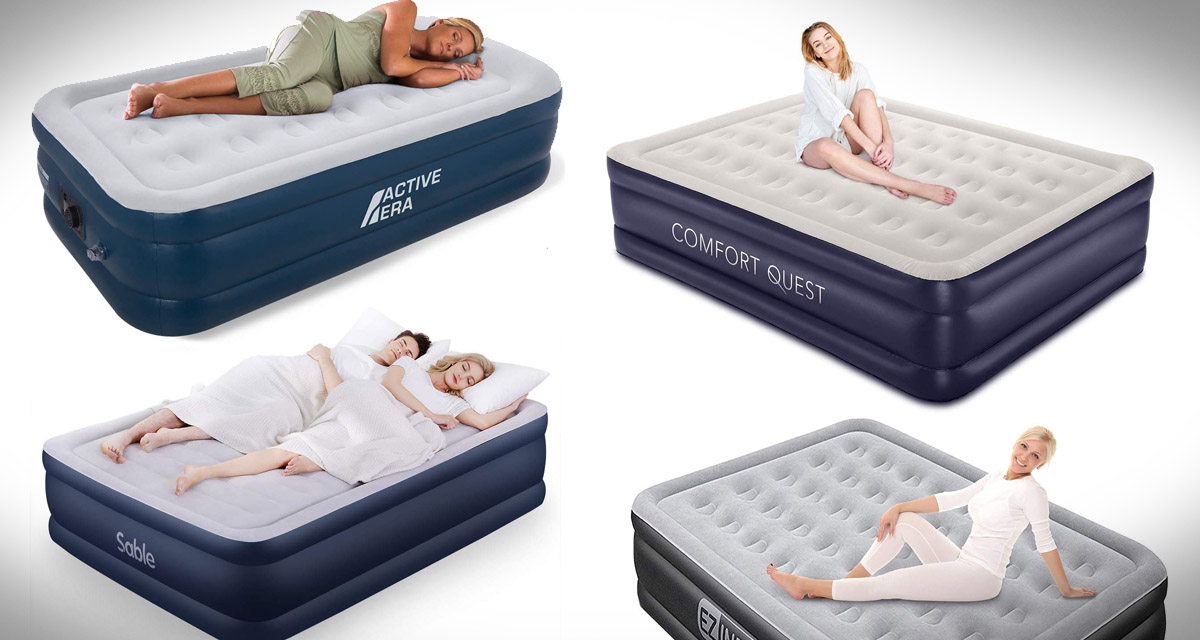
/TRIPSAVVY-8-best-air-mattresses-for-camping-4164702-primary-543ac2b196dd4c30b7626d2f25a1c5f5.jpg)
